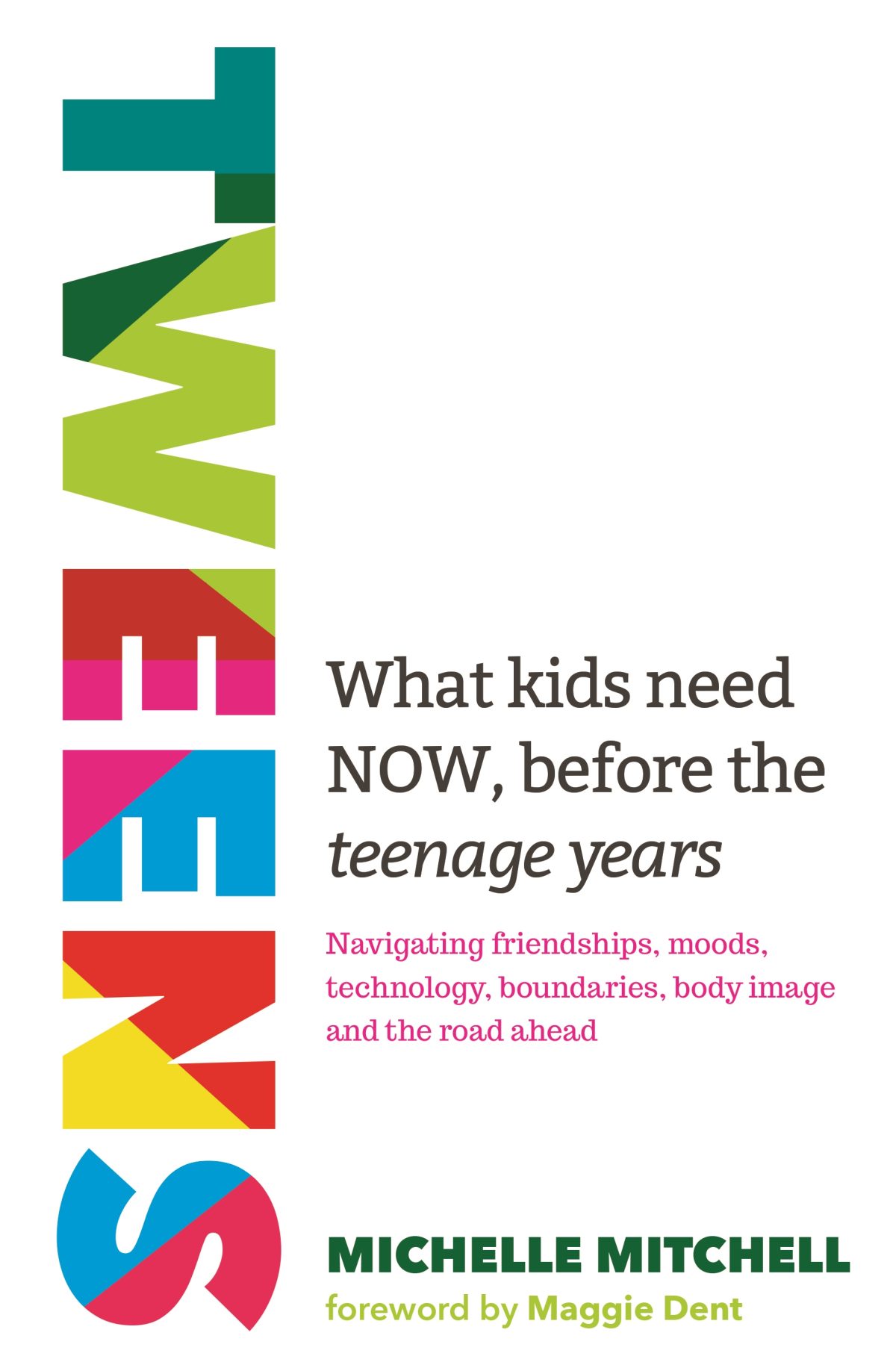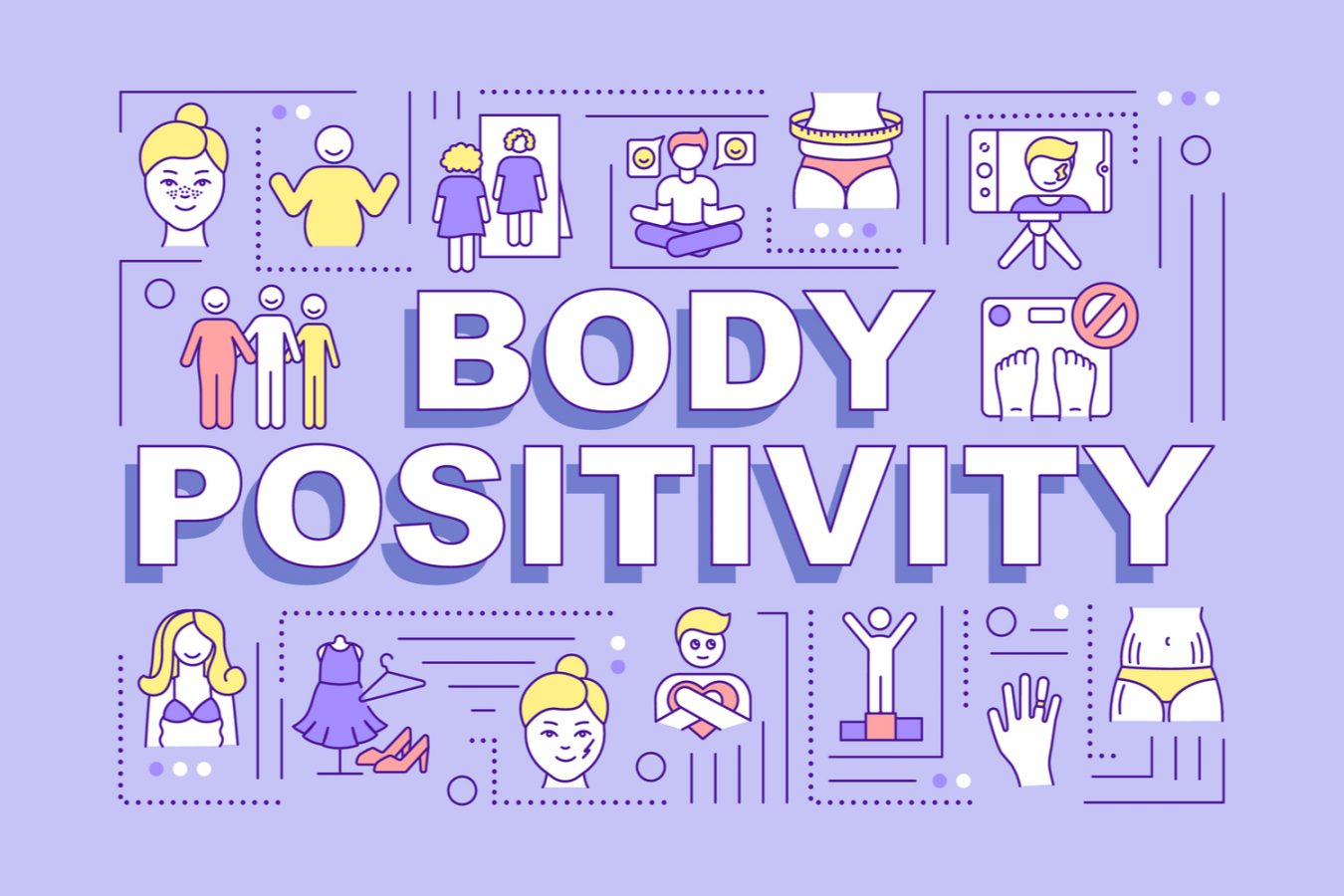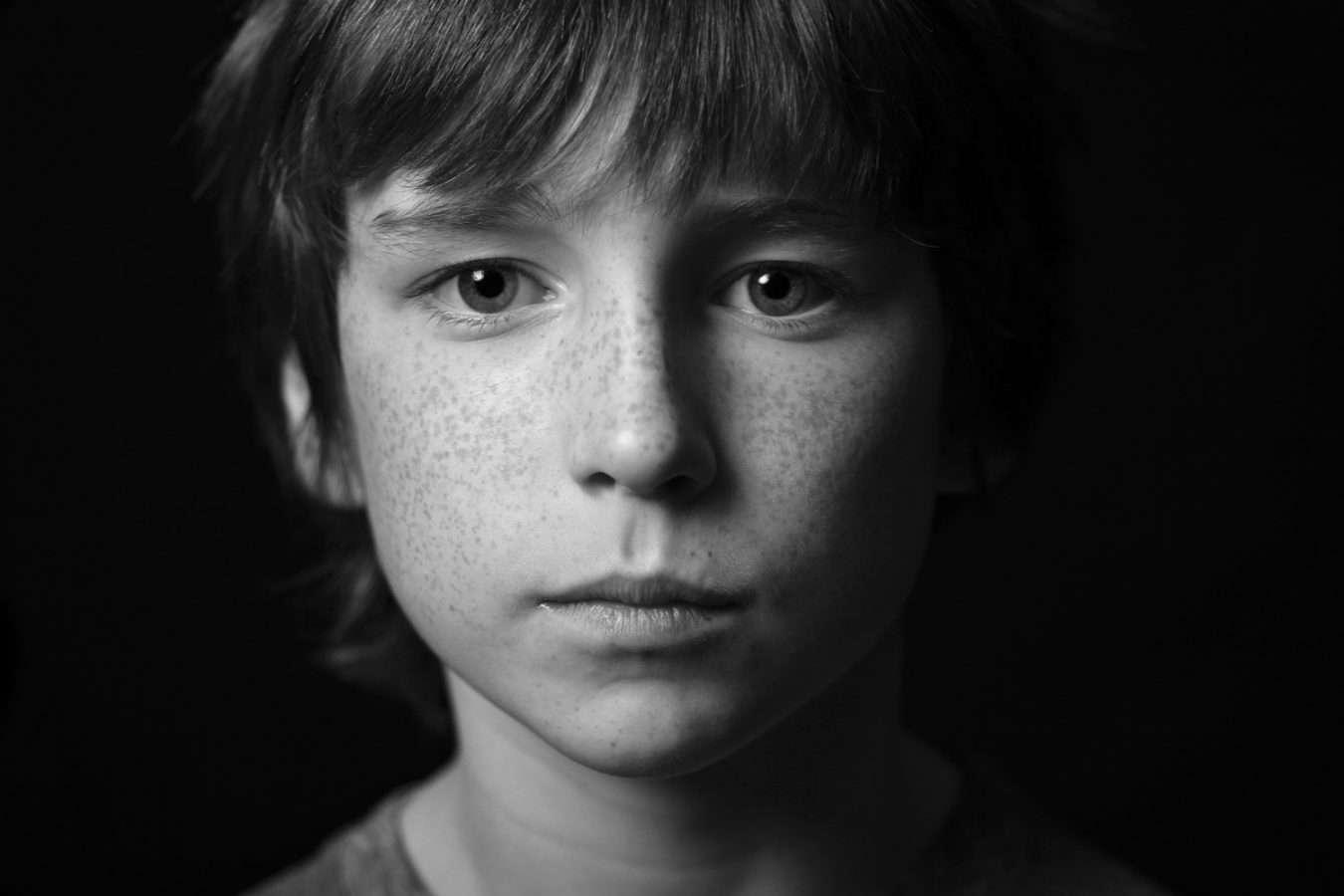
Is your child aged between nine and 12 – the 'between’ years? In this extract from her new book, award-winning parenting educator Michelle Mitchell gives parents ideas to help understand their tween.
567 tweens participated in my 2020 anonymous survey, and chose to answer the optional question, what is one thing you wished all adults knew about life as a tween?
If your child was asked that question, how do you think they would answer? They might wish adults knew that kids who were 10 shouldn’t go to bed at the same time as a sibling who is seven, or that kids who don’t like broccoli should never be made to eat it. This is the important stuff that characterises much of our tween’s headspace!
However, I wonder if we were to probe a little deeper, would there be one thing that your child wishes they could tell you, but can’t quite manage to communicate? Do you think there is anything that they find difficult to talk about or intentionally hide because of fear or shame?
Below I’ll share the findings that I hope give you insights into your own tween’s inner world.
Message 1: Life is Harder than You Realise
Tweens believed life was harder for them than their parents acknowledged, and they felt their challenges were minimised. Comments like these caught my attention: ‘It’s not how they think it is. Everything is hard’ and ‘I wish they knew how hard it is to get used to changes and that when we don’t know what’s happening more things are put on our plate’. My concern is that if tweens don’t feel understood now, where does that position us as they get older?
Message 2: I am No Longer a Kid
Tweens voiced a strong desire to be taken more seriously by the world around them, and not to be overlooked or dismissed because of their age. I noticed that they felt like they had significant ideas to share, while only being recognised as children. That’s quite a downgrade! My concern is if tweens don’t have a meaningful place to contribute now, how will they build the confidence to make a more significant contribution as they get older?
Message 3: You are Missing Stuff
Although it broke my heart, I was not surprised to hear tweens emphasise that their parents were missing stuff. When I walk through a primary school playground, I am often shocked at the ‘teenage-like’ themes I hear. I know that parents have no idea of the real content of these conversations and the pressures kids are under to engage in them. Comments like ‘you think we are okay, but we aren’t’ and ‘there’s a lot more bad things out there than they think’ expressed a real cry for support. My concern is, if we don’t keep our eyes open, we may not see those things that are most important.
Message 4: We Might Always Disagree about Screens
Technology was a central theme of tweens’ frustration. PS: Feelings are often mutual! Emphasis was placed on parents’ alleged lack of understanding of how central technology was to tweens’ social status and life. As adults, we know there are some very real and legitimate reasons why we say no to screen time. For this reason, I’d like to suggest that we might always have different views about technology. My concern is, if we don’t take the lead, tween’s natural desire to charge ahead may lead them into dangerous waters.
Message 5: It’s Time to Start Knocking
When tweens begin to need more privacy, most parents respect and welcome it as a sign of growing up. However, when they begin to desire space from adult supervision, it poses a new range of dilemmas. While our tweens are pushing for all the trimmings that come with growing up, such as catching a bus on their own or shopping alone with friends, their limited life experience leaves them vulnerable. My concern is that if we are not willing to enter into age-appropriate negotiations as they grow, they may begin to hide unsafe behaviour.

About the book
This is an edited extract from Tweens by Michelle Mitchell, published by Penguin Life – RRP $35.00.
In Tweens, Michelle Mitchell explains that this is the most rapid period of development since toddlerhood. Before the full pressures of high school hit, parents have a window of opportunity that can change the trajectory of adolescence and beyond.
Like this post? Please share using the buttons on this page.
Stay up to date with our newsletter here

